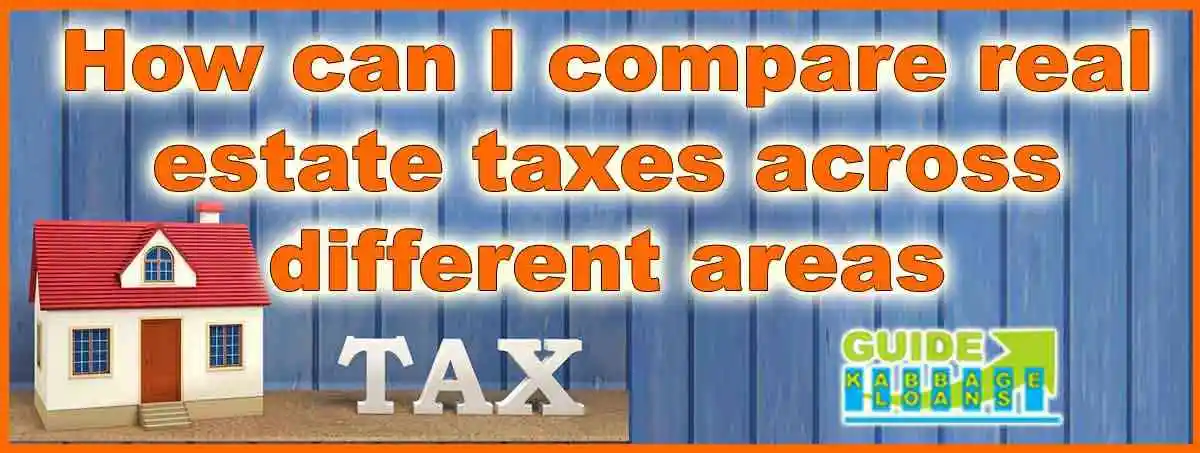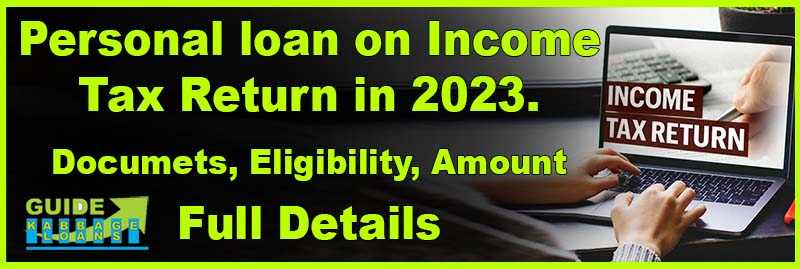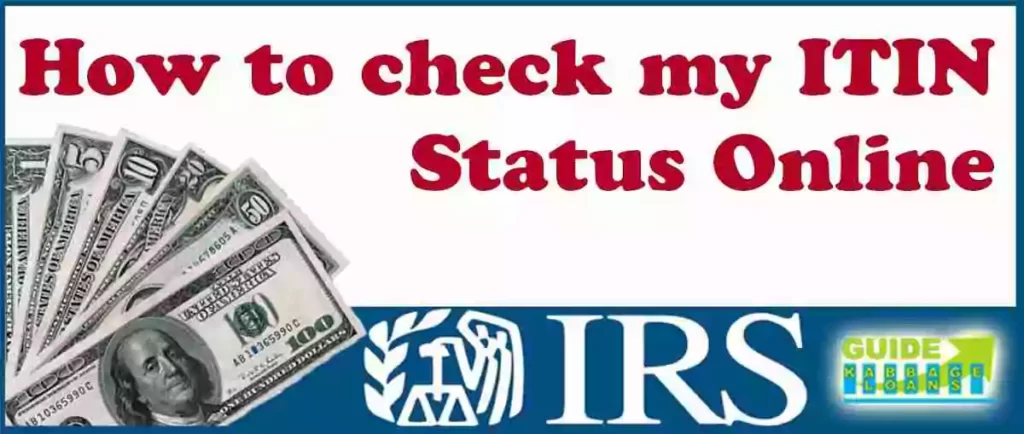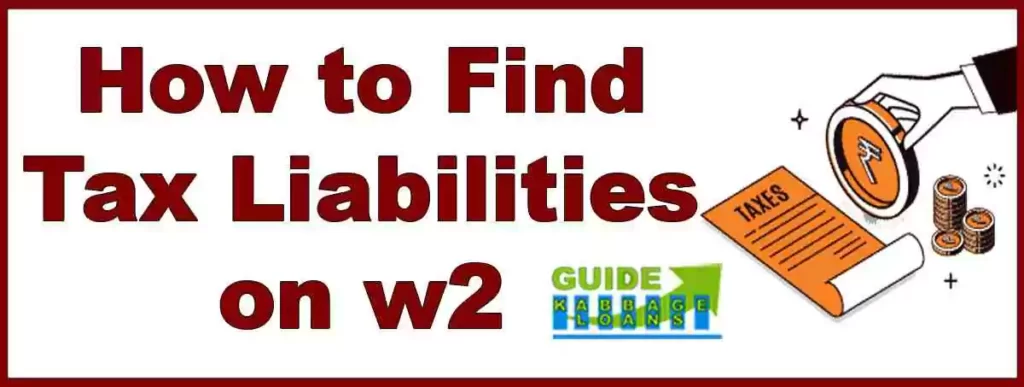When you own a property, it’s essential to keep track of various expenses, including taxes. One common question homeowners have is how to find real estate taxes paid. This information is crucial for accurate tax reporting and financial planning. In this guide, we will explore different methods to locate your real estate tax payments, ensuring you stay on top of your obligations and take advantage of any available deductions.
What are real estate taxes?
Real state taxes are those taxes that have to be paid to the local government to buy any property or some part of the profit on selling it. Just like the house tax of our house, in the same way, the real estate tax is applicable on any such property that is being taken for doing real estate business.
It is slightly different from house tax. If we talk about house tax, then in house tax, you have to pay house tax every year for the house you live in and the house you own. But the one who is going to sell the property in real estate. At the time when he buys that property and sells it to someone else, he will give some part of the profit in the meantime to the government. Which we will call real estate tax.
(( Reference: Wikipedia ))
How to find real estate taxes paid?
There are several ways to find out how much real estate tax you owe. The most common method is to check your annual property tax bill, which is sent to homeowners each year by their local government.
Paying real estate taxes is an essential responsibility for property owners, and it’s also an aspect that can affect your tax deductions. If you’re wondering how to find out how much real estate tax you paid, there are several methods you can explore. Let’s delve into the various ways to obtain this information:
1. Check Form 1098 from Your Mortgage Company: If you have a mortgage on the property, your mortgage company may provide you with Form 1098 at the end of the year. Look for box 10 on the form, which might include the amount of property tax paid on your behalf by the mortgage company. This information is crucial for claiming the property tax deduction accurately.
2. Review Bank or Credit Card Records: If you pay your property tax directly, without involving a mortgage company, you can search your bank or credit card records for transactions related to the property tax payments. Look for payments made to your city or county tax assessor’s office, indicating the amount paid and the date of payment.
3. Visit the City or County Tax Assessor’s Website: Most cities and counties have online portals where you can access property tax records. Look for a link to “Property Search” or “Property Tax Records” on the tax assessor’s website. Enter your property address or parcel number to find details about your property taxes, including the amount paid and the payment dates.
4. Keep Track of Payment Dates: Maintaining a record of the dates when you made property tax payments is crucial. This information will be useful when claiming the deduction in the appropriate tax year. Remember that the property tax deduction should be claimed when you make the payment.
5. Consult Your Lender: If you’re uncertain about the timing of property tax payments made by your mortgage lender on your behalf, don’t hesitate to reach out to them for clarification. Lenders may make annual or quarterly payments to cover your property taxes, depending on the practices of the taxing authority in your location. Contact your lender to understand when these payments are typically made.
6. Visit the local municipal corporation office: To find out if property taxes have been paid, visit the local municipal corporation office. Ensure you bring all necessary property-related documents and a valid form of identification. At the office, request the property tax payment history, which will provide details of any taxes paid or outstanding for the property in question.
Where is my real estate tax on my 1098?
If you have a mortgage on your property, your real estate tax information may be listed on your 1098 form. The form is sent to homeowners each year by their mortgage lender and includes information on mortgage interest paid and real estate taxes paid. And as long as this mortgage loan runs, you will keep getting 1098 yearly.
The real estate tax information is typically listed in box 5 of the 1098 form.
How do I find out how much real estate tax I owe?
You can check your annual property tax bill or contact your local tax assessor’s office to find out how much real estate tax you owe. You can also use online resources such as Zillow or Redfin to obtain estimated property tax information based on the assessed value of your property.

How can I reduce my real estate taxes?
There are several ways to reduce your real estate taxes. One method is to challenge the assessed value of your property if you believe it is too high. Apart from this, there are many other ways by which you can reduce your real estate tax,
we have given some of these points below.
- Look for exemptions: Many states and municipalities offer property tax exemptions for certain categories of homeowners. Like, as seniors, veterans, and low-income homeowners.
- Improve your property’s energy efficiency: Some states offer property tax incentives for homeowners who make energy-efficient improvements to their homes, such as installing solar panels or upgrading insulation.
- Consider a tax abatement program: Some municipalities offer tax abatement programs that can reduce property taxes for a set period. These programs are typically designed to encourage development or redevelopment in certain areas.
- Hire a tax consultant: If you’re having difficulty navigating the tax system, you may want to consider hiring a tax consultant. A consultant can help you identify opportunities for tax savings and guide you through the appeals process. However, it’s important to choose a reputable consultant who has experience working with real estate taxes.
What happens if I don’t pay my real estate taxes?
If you don’t pay your real estate taxes in the USA, several consequences can follow:
- Tax Lien: The unpaid taxes become a lien on your property, making it collateral for the debt.
- Interest and Penalties: The amount owed increases due to interest and penalties.
- Notification: You will receive notices from the local tax authority about the overdue taxes and potential consequences.
- Tax Sale Process: The local government can initiate a tax sale to collect the unpaid taxes. This can be a tax lien sale or a tax deed sale (where the property is sold outright).
- Redemption Period: Some states offer a period during which you can pay off the debt and reclaim your property.
- Credit Impact: Your credit score may be negatively affected.
- Legal Action: The local government might take legal steps to recover the taxes, such as garnishing wages or bank accounts.
Failing to pay property taxes can lead to losing your property, so it’s essential to address any tax obligations promptly.1
How does home value affect real estate taxes?
The value of your home directly affects the amount of real estate taxes you owe. In general, the higher the assessed value of your property, the more you will owe in taxes. Because, the more the value of your house, the more percentage you will have to pay as a real estate tax. This Is Why the Value of a Home Affects Real Estate Taxes

How can I compare real estate taxes across different areas?
To compare real estate taxes across different areas, you can use online resources such as Zillow or Redfin, which provide estimated property tax information based on the assessed value of your property.
You also can contact the tax assessor’s office in each area you are considering to obtain information on the real estate tax rates and assessment methods used in that location. This may help you make an informed decision when choosing a new home.
Conclusion,
Understanding how to find and manage your real estate taxes is crucial for every homeowner. This guide outlines several methods, such as checking Form 1098, reviewing bank records, and using online portals, to help you track your property tax payments.
Faq’s
What is the impact of real estate taxes paid on my budget and financial planning?
Real estate taxes paid can have a significant impact on your budget and financial planning, as they can represent a significant expense that should be accounted for in your overall financial strategy.
How often do I need to pay my real estate taxes?
The frequency of real estate tax payments varies by location. The location on which your property is. It depends on how property tax is collected at that location. Because in some states tax is deposited annually and in some states, tax is deposited twice in 1 year.
Even in the United States of America, there are some states in which tax is collected 4 times in a year. So you can get information about your state from the local tax office there.
What types of properties are subject to real estate taxes?
Real estate taxes are typically applied to any property that you own, including your primary residence, vacation homes, rental properties, or land.
How can I appeal my property assessment for real estate taxes?
To appeal your property assessment for real estate taxes, you will typically need to file a written request with your local tax assessor's office and provide evidence to support your case.
How can I estimate my real estate taxes before I buy a home?
You can estimate your real estate taxes before buying a home by researching the local tax rates and property assessments or by consulting with a real estate agent or attorney.
Thanks for your visit.
(How to Find real estate taxes paid?)
Disclaimer: The information provided in this article is for general informational purposes only and is not intended as legal, tax, or financial advice. Please consult with a professional advisor for advice specific to your situation. While we strive to provide accurate and up-to-date information.





